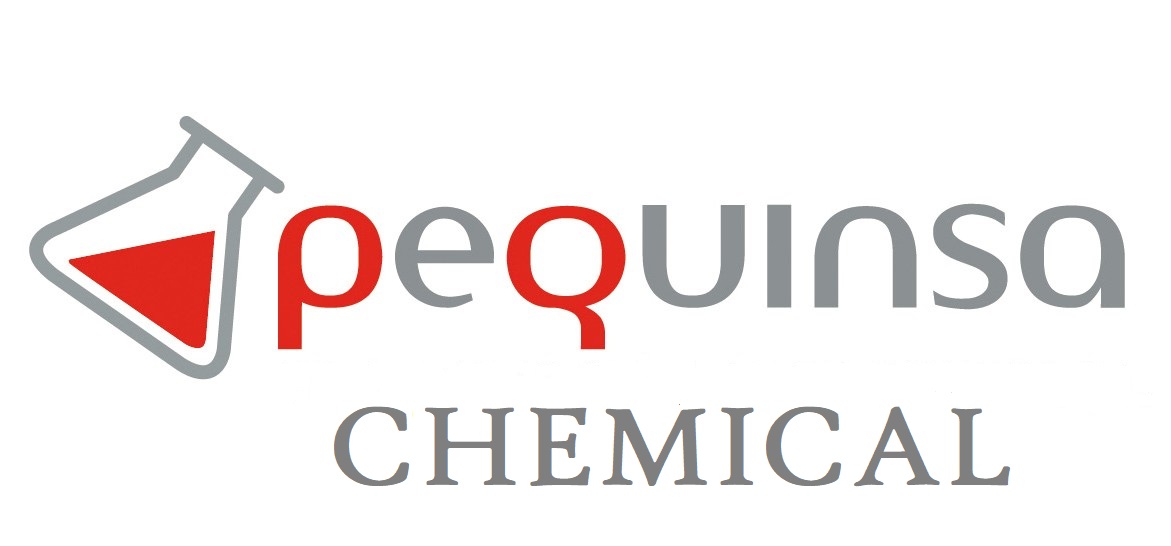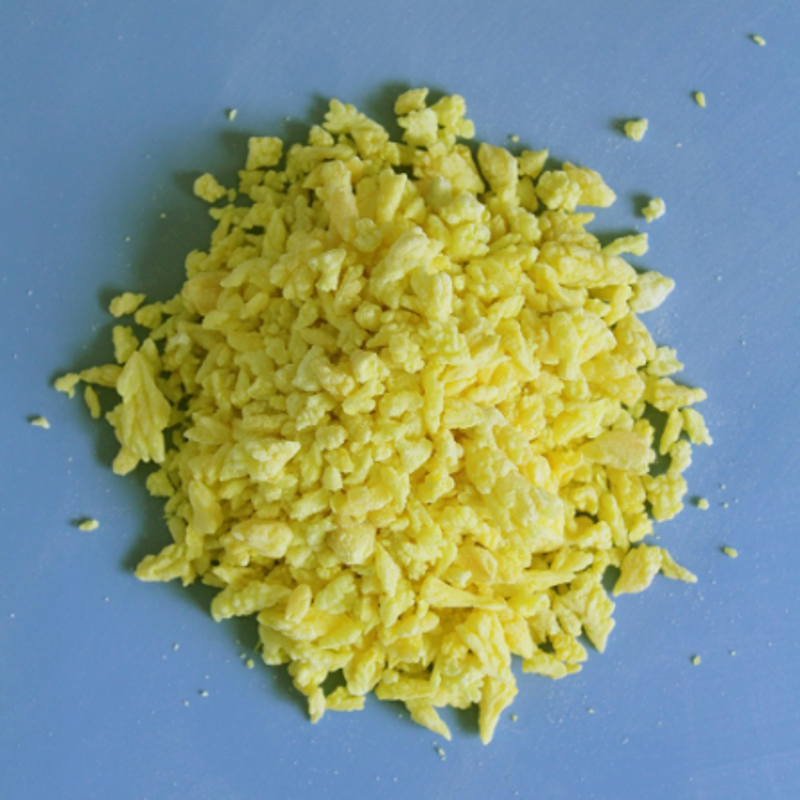-
Categories
-
Pharmaceutical Intermediates
-
Active Pharmaceutical Ingredients
-
Food Additives
- Industrial Coatings
- Agrochemicals
- Dyes and Pigments
- Surfactant
- Flavors and Fragrances
- Chemical Reagents
- Catalyst and Auxiliary
- Natural Products
- Inorganic Chemistry
-
Organic Chemistry
-
Biochemical Engineering
- Analytical Chemistry
-
Cosmetic Ingredient
- Water Treatment Chemical
-
Pharmaceutical Intermediates
Promotion
ECHEMI Mall
Wholesale
Weekly Price
Exhibition
News
-
Trade Service
Sofalcone is a widely used chemical compound that is synthesized through different synthetic routes in the chemical industry.
The compound is highly valued for its application in the production of a range of chemical products, including surfactants, perfumes, and fragrances.
The most common synthetic route for sofalcone involves the reaction of formaldehyde and sodium hydroxide with a mixture of methyl chloride and dimethyl sulfate.
The reaction produces a mixture of compounds, including sofalcone, which is then purified through a series of chemical processes to produce the pure compound.
Another synthetic route for sofalcone involves the reaction of methyl iodide with sodium hydroxide to produce iodomethane.
This compound is then treated with a mixture of dimethyl sulfate and sodium hydroxide to produce sofalcone.
The purification process is similar to the first synthetic route.
The third synthetic route for sofalcone involves the reaction of methyl iodide with a mixture of sodium hydroxide and sodium nitrite.
The reaction produces iodomethane, which is then treated with a mixture of methyl chloride and dimethyl sulfate to produce the final compound.
The purification process is carried out in a similar manner to the previous synthetic routes.
The choice of the synthetic route for sofalcone depends on a number of factors, including the cost of raw materials, the desired purity of the final product, and the scale of production.
The first synthetic route is generally considered to be the most cost-effective, while the other routes may be preferred for the production of highly purified sofalcone.
The synthetic routes for sofalcone are highly complex and require a high degree of expertise and specialized equipment.
The process involves a series of chemical reactions and purification steps that must be carefully monitored and controlled to ensure the production of a high-quality final product.
In conclusion, sofalcone is a widely used chemical compound that is synthesized through several synthetic routes in the chemical industry.
The choice of synthetic route depends on various factors, including the cost of raw materials and the desired purity of the final product.
The synthetic routes involve a series of chemical reactions and purification steps that require specialized equipment and expertise.
The final product is highly valued for its application in the production of a range of chemical products, including surfactants, perfumes, and fragrances.







